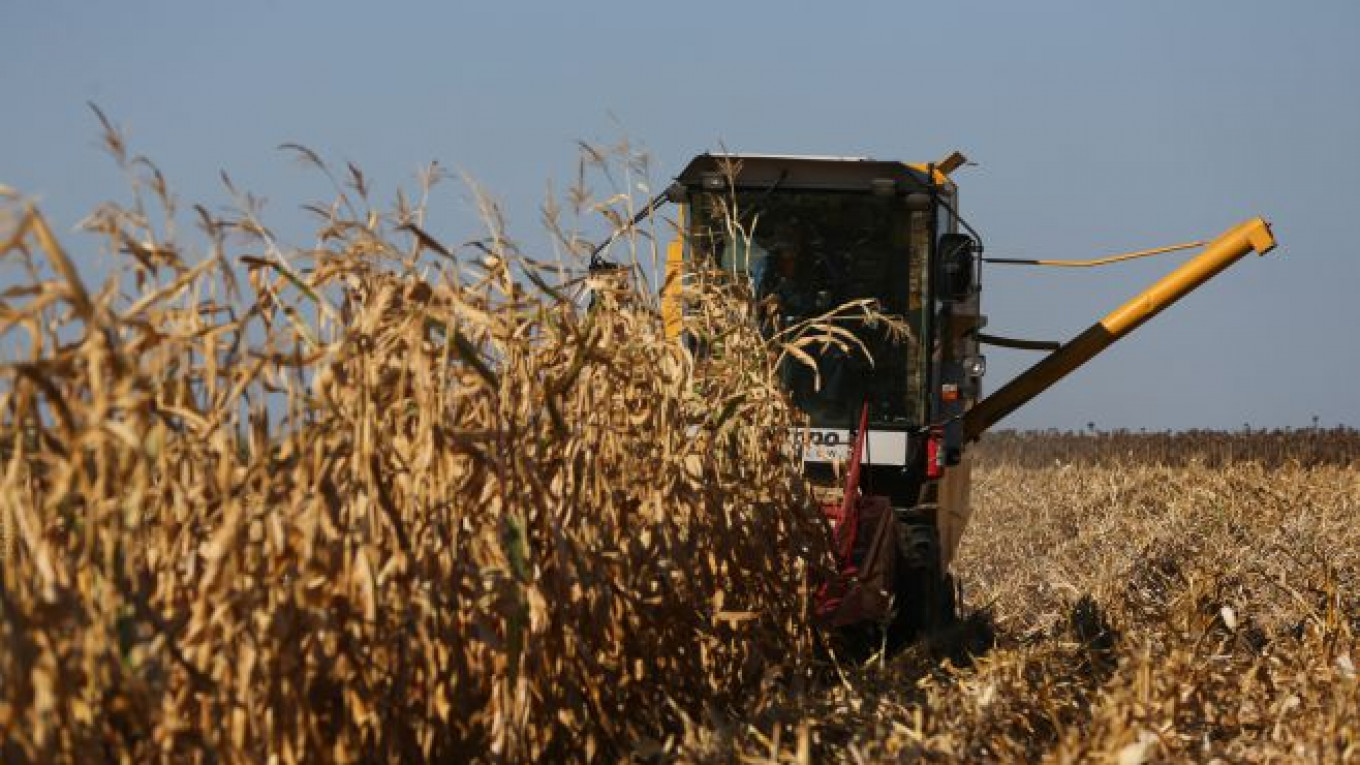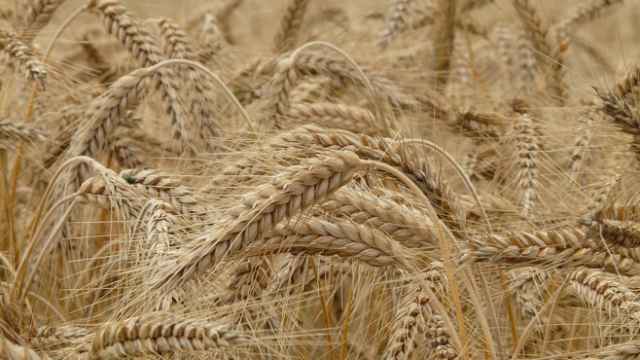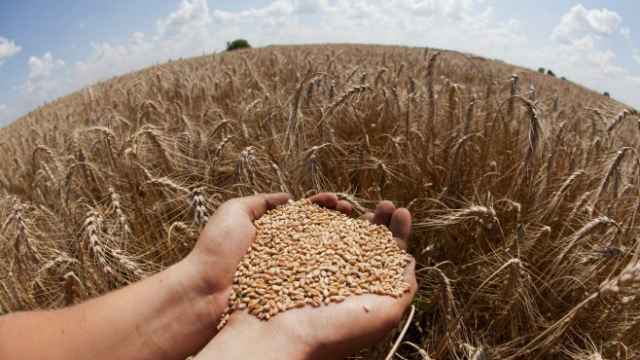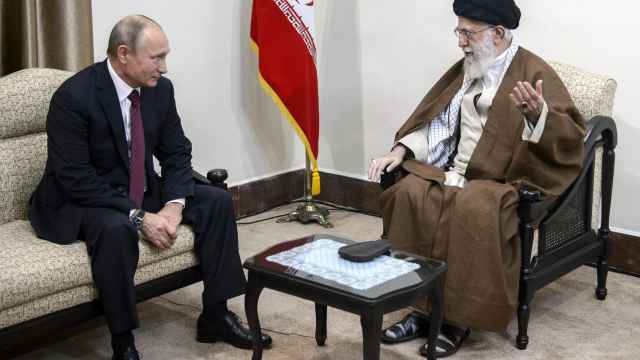Russia approved the launch of a new wheat export tax from July 1, which traders say could threaten profits on advance contracts for the new crop if the ruble weakens in coming months.
Russia's government said on Friday that the new tax was intended to stop exports surging if the ruble drops steeply. The ruble fell sharply against the dollar in 2014, fueling grain exports, and is yet to fully recover.
The new tax is set at 50 percent of the customs price per ton minus 5,500 rubles ($105), but not less than 50 rubles per ton, the government said in a statement.
"This level of export tax, apart from fiscal function, will have a regulatory impact depending on the change in global prices," the government said.
The profitability of already concluded forward contracts for the new marketing year, which starts on July 1, is now at risk because exporters do not know what the ruble rate will be at the moment of supply, several traders said.
"I am ready to pay the tax but I want to know how much I will pay," one trader said. The tax may make already concluded contracts loss-making if the dollar strengthens to around 60 rubles from the current 52 rubles, he added.
Black Sea forward prices for Russian new crop wheat with 12.5 percent protein content were at $194 per ton (10,204 rubles at current rate) on a free-on-board (FOB) basis at the end of last week, according to the IKAR agriculture consultancy.
To partially ease the risk, exporters plan to ask the government to determine the tax size with the ruble/dollar rate at the moment of transaction confirmation, not at the moment of wheat loading, the trader said.
According to his estimate, exporters have already concluded contracts for supply of around 2.8 million tons of wheat in July and 1.5 million tons in August.
New forward deals, such as tenders of Egypt's state grain buyer GASC, could also threaten exporters' margins. GASC agreed on Thursday to buy 240,000 tons of Russian and Romanian wheat for July 1-10 shipment.
"Selling Russian wheat will now have an element of Russian roulette," another trader said. "If Russian domestic prices start rising, exporters could start holding back because the risk of a tax rise will increase. … But if the price is low enough Russian wheat will still be offered in the big tenders."
Russia's wheat market is export-oriented so sales are stronger in the first half of the season, but can become more risky and start to slow down in the second half of the year if domestic prices rise, another trader said.
A Message from The Moscow Times:
Dear readers,
We are facing unprecedented challenges. Russia's Prosecutor General's Office has designated The Moscow Times as an "undesirable" organization, criminalizing our work and putting our staff at risk of prosecution. This follows our earlier unjust labeling as a "foreign agent."
These actions are direct attempts to silence independent journalism in Russia. The authorities claim our work "discredits the decisions of the Russian leadership." We see things differently: we strive to provide accurate, unbiased reporting on Russia.
We, the journalists of The Moscow Times, refuse to be silenced. But to continue our work, we need your help.
Your support, no matter how small, makes a world of difference. If you can, please support us monthly starting from just $2. It's quick to set up, and every contribution makes a significant impact.
By supporting The Moscow Times, you're defending open, independent journalism in the face of repression. Thank you for standing with us.
Remind me later.






